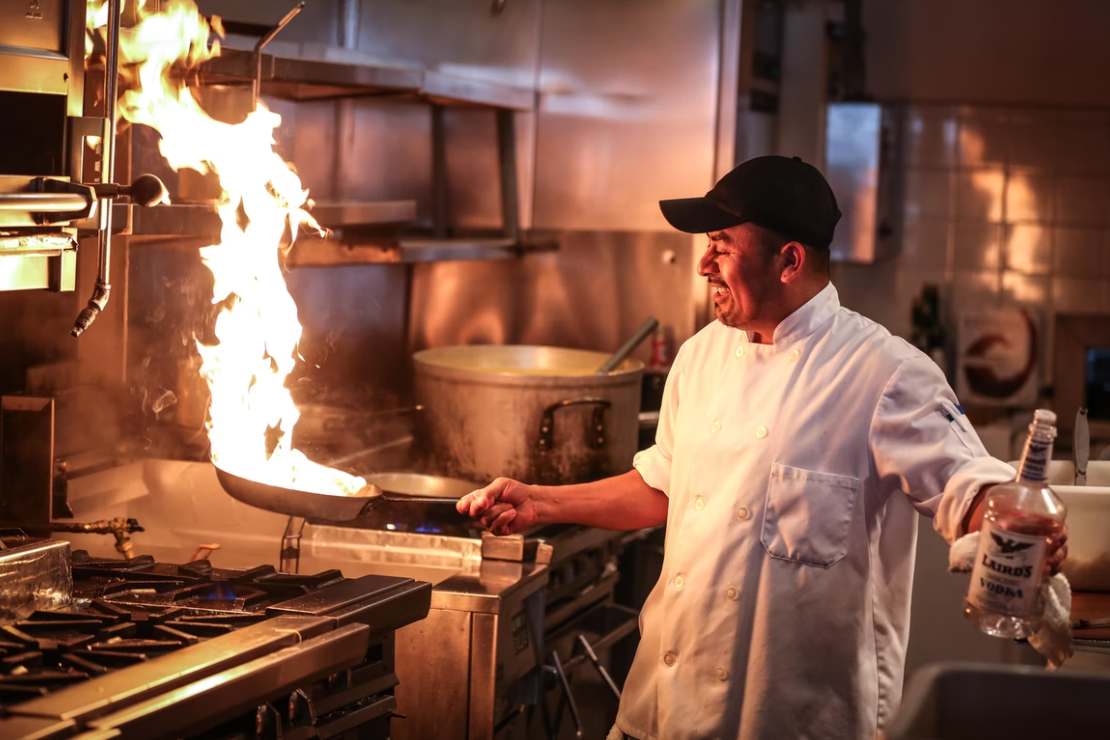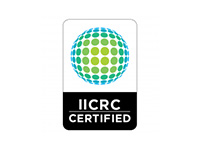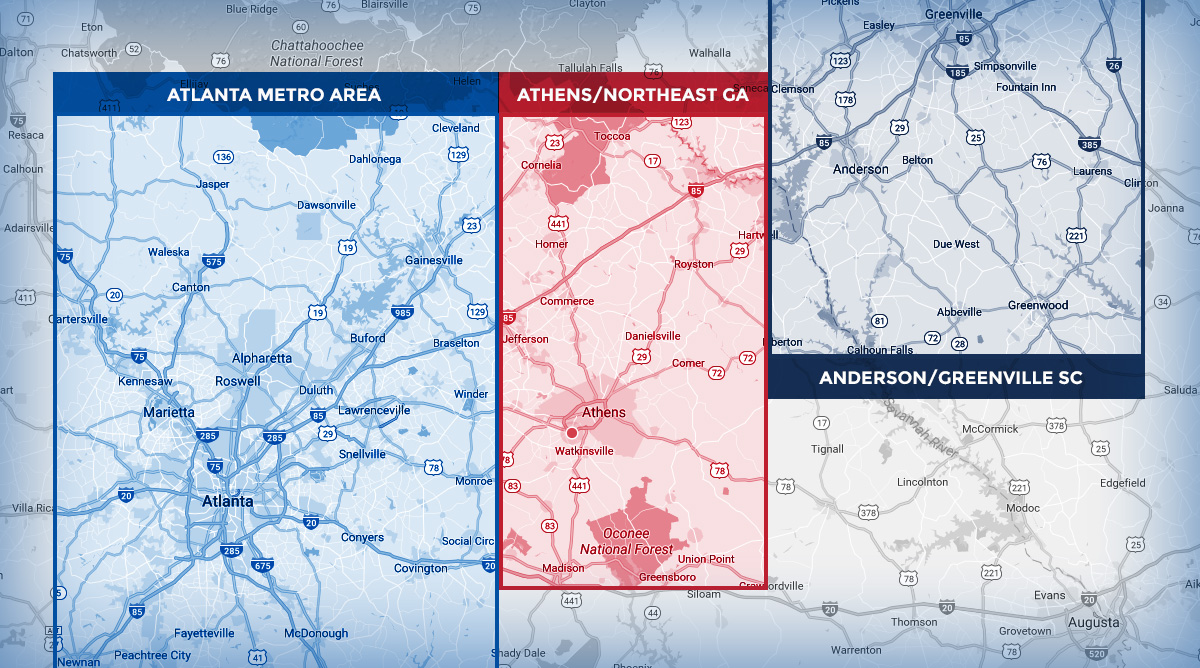The type of fire you have on your hands can make a huge difference when it comes to getting it under control.
Typically, water is all you need to extinguish fires. But grease fires only get exacerbated by water, as the two liquids repel each other. A stream of water will cause the grease droplets to splatter, allowing the flames to spread in the process.
This guide details the critical steps to take when flames engulf your kitchen. Read on for a step-by-step guide to extinguishing kitchen fires.
1. Confirm the Type of Fire
Because of the frequency of oils and greases used in kitchens, this part of the house is much more susceptible to large-scale fires than anywhere else. Indeed, cooking fires are the leading cause of house fires.
If the fire is coming from your frying pan, microwave or over, then chances are grease is the culprit. Grease fires occur when any oil, grease, or fat from your cooking gets hot enough to ignite.
The flames can grow out of control in the blink of an eye, especially in a hot and cluttered kitchen. Therefore, you must be aware of the dangers of treating one as you would a regular fire and take the correct actions right away.
2. Locate and Cover the Source
The only way to successfully contain a grease fire is to deprive it of oxygen. Flames can’t survive without oxygen, so you’ll want to identify its source and focus your initial efforts on cutting them off there.
If flames or smoke are emerging out of your oven or microwave, then shut the doors immediately. Or, if the fire has started from something cooking on your stovetop, try to contain it under a lid.
Suffocating the flames will not only tackle the flames themselves but also trap the smoke. It will prevent smoke damage to your kitchen and, worse, your lungs from smoke inhalation.
3. Smother the Flames
If simply shutting the lid on the flames isn’t enough to do the trick, you can try the next level up of smothering.
Smothering can include throwing a heavy or wet towel across the top of the flame. The weight of the towel or blanket should ensure that limited oxygen can get to the fire, thereby putting it out.
If you don’t happen to have a heavy blanket or towel on hand, you can also try throwing baking soda on the flame. It will have a similar effect by essentially coating it in carbon dioxide. Just be careful not to use flour, as that could react in the opposite direction by setting off a chemical explosion.
4. Use Fire Extinguisher
Luckily, the chemical foam contents of fire extinguishers are highly successful at slowing and killing all kinds of fires, grease fires included. In combination with their powerful reach, that makes them ideal at regaining control over the flames of a quickly spreading grease fire.
Seeing as a significant portion of house fires start as kitchen grease fires, storing a fire extinguisher for your home either in or near the kitchen is a good idea as a preventative measure. Follow the directions on the back of the extinguisher to direct the foam towards the base of the flame from a safe distance.
If you can manage to identify and treat the flames when they are still relatively in their infancy, you should have a good chance of putting a stop to it before any actual harm occurs to your kitchen or your health.
5. Evacuate and Call 911
If all manners of smothering and cutting off oxygen physically or chemically are not successful at containing the flames, do not hesitate to seek emergency services.
Because grease tends to splatter widely, the flames from a grease fire can grow with unbelievable speed. In just a few short seconds, it can rage out of control, endangering you and your home.
Evacuate the kitchen and house immediately and, once in safety, call for firefighters. They will have access to more heavy-duty equipment and chemical treatments that can put out large grease fires in a fraction of the time.
Conclusion
Putting out a kitchen grease fire isn’t too difficult, so long as you can catch the flames early and smother them. Prevention, more than anything else, is the best option. But if you find yourself facing a fire in your kitchen, act fast on these steps to keep yourself safe.
If the worst already has happened, call on IDC Fire and Water. Our experts can help put your life back in order with our smoke and fire damage remediation.













